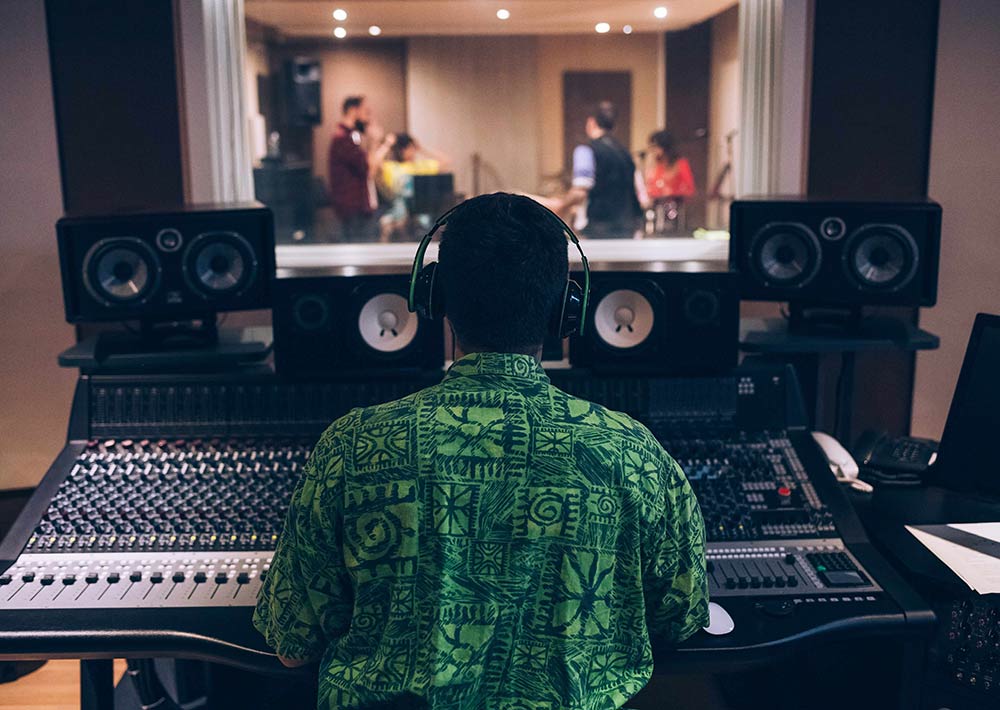
Sam Rudy: “The trick is to be rehearsed enough that the basics are quick and easy to capture, giving you the space to explore new ideas without running out of time or money.”
Pro Studio Time founder Sam Rudy shares invaluable advice for studio efficiency, creative focus, and achieving professional recordings without overspending
Recording in a professional studio is a big step for many songwriters. It can also be a big expense. But here’s the good news: with the right approach, you can get real value from your session, even on a limited budget. The key isn’t about shaving hours off or finding the cheapest space possible. It’s about knowing how to work smart, communicate clearly, and focus on what really matters. Whether you’re tracking vocals, laying down a demo, or producing a full album, these studio hacks will help you get the most out of your time without overspending.
1. BE UPFRONT WITH STUDIOS ABOUT YOUR SESSION AND YOUR BUDGET
It might feel counterintuitive, but the best thing you can do is share your budget. Being vague or playing hardball often slows things down and reduces the number of options you’ll be offered. Studios aren’t trying to squeeze you. They’re trying to make sure they can deliver what you need, realistically.
Recording studios are expensive operations to run, and there’s usually a floor below which it doesn’t make financial sense for them to take the booking. That’s not about ego. It’s economics. If a studio says they can’t do it for your budget, that’s okay. There are plenty of great alternatives, and some may surprise you.
Just be as detailed as possible when reaching out. Let the studio know:
- What you’re trying to record
- How many songs
- Who’s coming (and what roles they’ll play)
- What gear or instruments you need
- What your budget is
The more context they have, the better they can advise you, and maybe even suggest creative solutions to help make it work.

Sam Rudy: “Mapping out a rough flow helps you stay on track and make better use of the time.”
2. DON’T JUDGE A STUDIO BY THE DECOR
Some of the best results come from studios that don’t look like much. Maybe there’s a sofa that’s seen better days, or the paint’s chipped in the vocal booth. But there’s a Neumann U47 on the stand and an engineer with 20 years of experience at the desk. That’s what matters.
Foals recorded their fourth album, What Went Down At La Fabrique, a stunning residential studio in the south of France with rare vintage gear, expansive live rooms, and a peaceful countryside setting. For their next two albums, they went to 123 Studios in Peckham, a more modest warehouse space in the heart of South London. The contrast in surroundings was obvious. But both studios delivered. One offered luxury and isolation, the other a focused, no-frills setup with all the right gear and expertise. The cost between the two was likely worlds apart, but sonically, they were both up to the task.
There’s nothing wrong with high-end studios if your budget allows. But don’t overlook smaller or rougher-around-the-edges spaces just because they don’t look the part. If the acoustics are right and the team knows what they’re doing, the results can be just as strong.
3. REHEARSE SO YOU CAN STAY CREATIVE
Yes, your songs should be well-rehearsed. You want to get the core parts down in as few takes as possible so you can use the rest of the session to build on those foundations. But also, be ready for things to change.
Once you start recording and hearing parts back in context, through proper monitors in a properly treated room, ideas will start to evolve. That’s a good thing. The trick is to be rehearsed enough that the basics are quick and easy to capture, giving you the space to explore new ideas without running out of time or money.
4. WORK WITH AN ENGINEER WHO KNOWS THE ROOM
Most studios have in-house engineers. Often, these are seasoned professionals who know the gear, the quirks of the space, and how to get a great sound quickly. That’s worth its weight in gold.
If you’re thinking of bringing an outside engineer, it’s still worth asking if they’ve worked in that studio before. If they haven’t, at least allow time at the start of the session for them to get familiar with the setup. Trial and error is the enemy of efficiency.

Sam Rudy: “Not every idea needs to be explored.”
5. HAVE A PLAN AND KNOW HOW YOU’RE GOING TO GET THERE
Beyond knowing what you want to walk away with – demos, full productions, or just vocals – it helps to think through the structure of your session. Are you tracking drums first? Leaving vocals until the end? Does your voice sound better in the morning or later in the day?
Mapping out a rough flow helps you stay on track and make better use of the time. It also helps the engineer prepare, whether that’s setting up a drum mic layout or dialling in vocal chains in advance. A flexible plan keeps things moving while leaving space for the unexpected.
6. USE DIFFERENT STUDIOS FOR DIFFERENT NEEDS
Not every part of your project requires the same setup. Recording drums or a full band often calls for a large live room, multiple inputs, and a great selection of mics and outboard gear. But cutting vocals or overdubs? That might only require a smaller, well-treated space with a solid vocal chain.
If your project allows, consider using different studios for different stages of the process. Track drums and rhythm sections at a room designed for that kind of work, then move to a more affordable space for vocals, edits, or production tweaks. This kind of hybrid approach can stretch your budget further without compromising quality. Just make sure you’ve got your files properly backed up and a clear plan for keeping the workflow smooth across locations.
7. BE READY TO COMMIT
When you’re in the studio, ideas will come up. New harmonies, different sounds, extra layers. It’s part of the creative process. But without a clear sense of what you’re aiming for and the confidence to commit to what’s working, it’s easy to spiral into endless experimentation.
Not every idea needs to be explored. If something sounds good, move on. You’re not locking yourself out of future changes forever, but you are protecting your time and momentum. Commit to decisions when things feel right. That’s how songs actually get finished, and it’s how you make the most of your session.
8. BE KIND – IT GOES A LONG WAY
Studios are full of gear, but they’re run by people. In an industry that sometimes rewards ego, kindness and respect still go a long way. Be clear about what you need, be realistic about what’s possible, and treat the team like collaborators, not service providers. Most studio managers genuinely want to help and will do whatever they can to make your session work, especially if you’re decent to deal with. Simple, really.
FINAL WORD
Professional studios aren’t just for major label acts. They’re for anyone who values good sound and a good environment. With the right mindset, clear communication, and a bit of preparation, you can get fantastic results without blowing your budget. Be open about your project, your goals, and your limitations. Don’t let assumptions about what you think you need box you in. Studios and engineers might suggest approaches or solutions you hadn’t considered, and that might be exactly what takes your session to the next level.

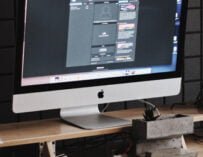
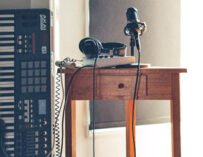
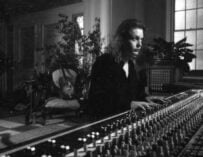


 Sam Rudy is a London‑based studio specialist and entrepreneur who lives and breathes recording spaces. As the founder of Pro Studio Time, Sam helps artists, managers and labels book the perfect studio anywhere in the world – fast, transparently and hassle‑free. Learn more at
Sam Rudy is a London‑based studio specialist and entrepreneur who lives and breathes recording spaces. As the founder of Pro Studio Time, Sam helps artists, managers and labels book the perfect studio anywhere in the world – fast, transparently and hassle‑free. Learn more at 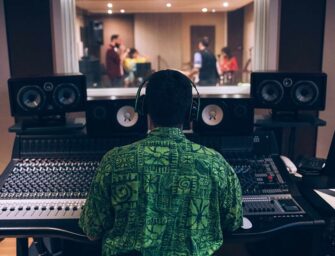

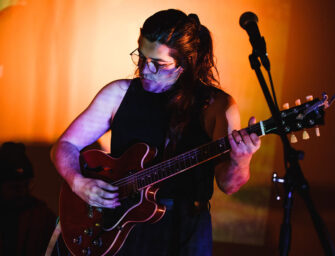























Related Articles